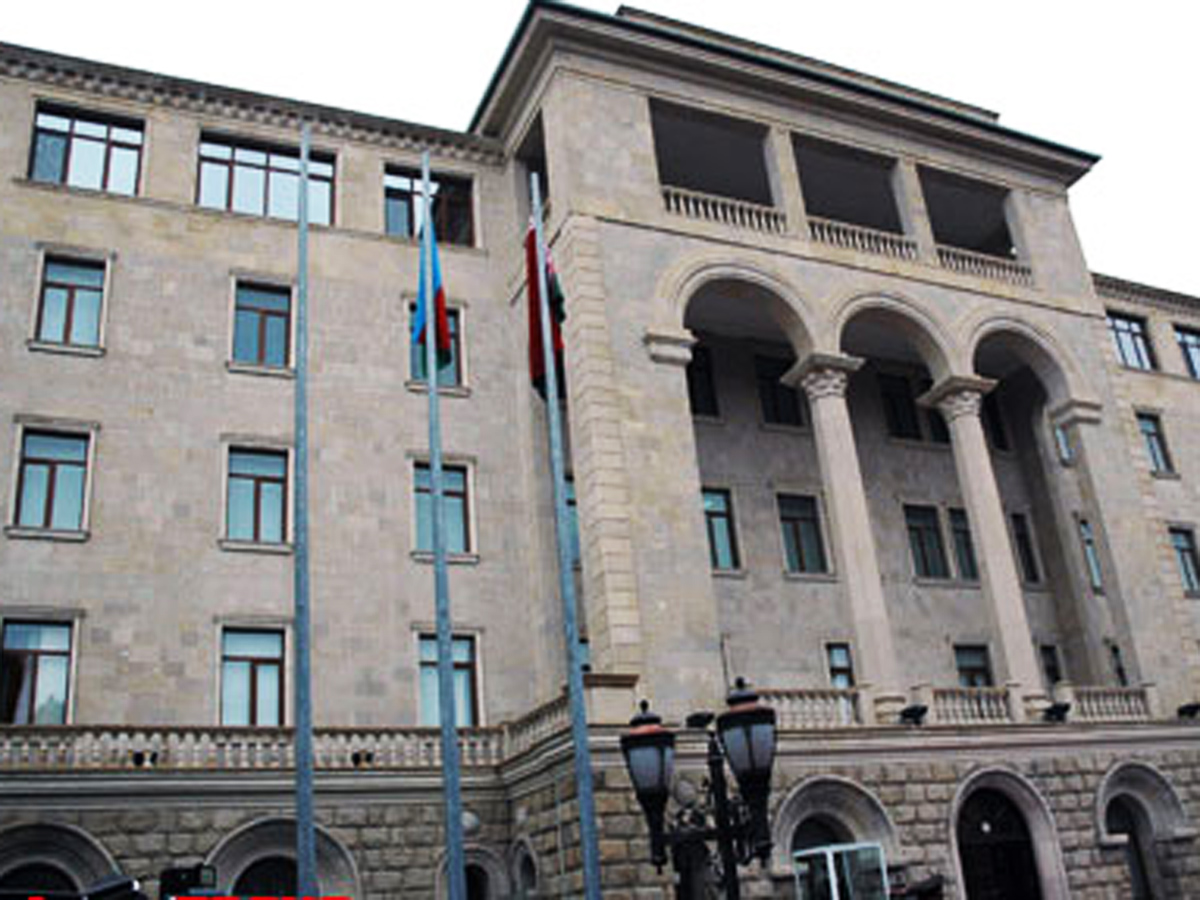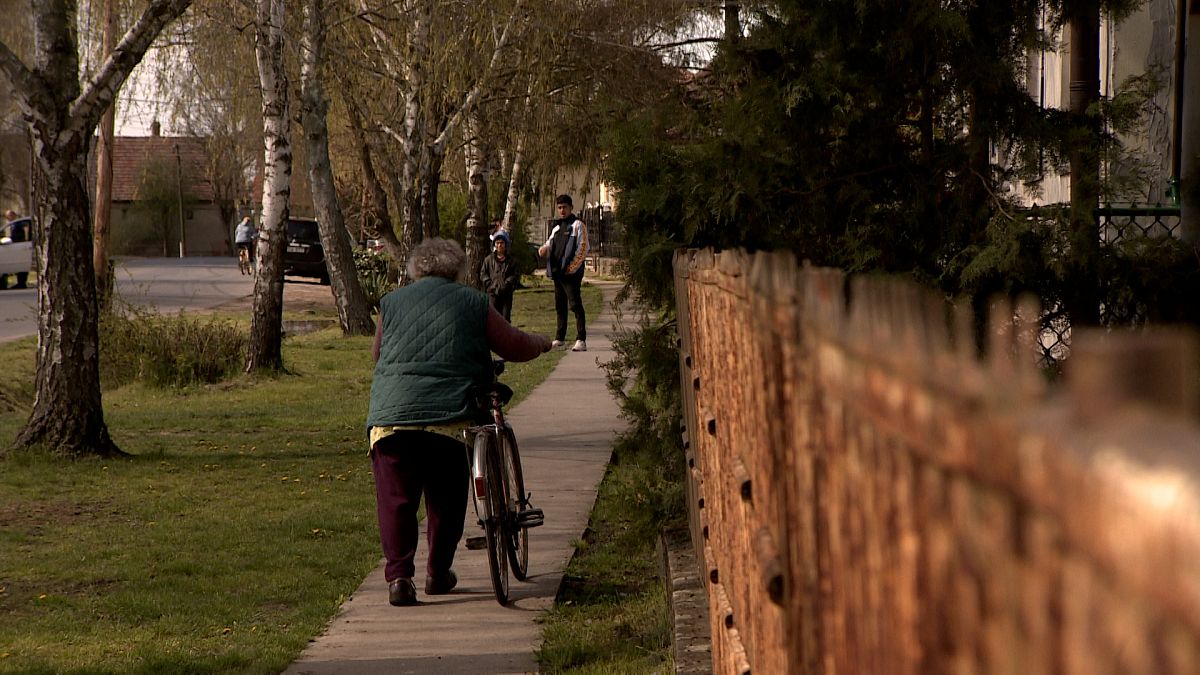In a dark, overcrowded cellar in Kharkiv, Ukraine, 40-year-old Natalia is hiding from almost constant air raids nearby. Together with her son, niece, uncle and mother, she lives in one of the most dangerous areas of the city. Sleeping on a cold floor alongside dozens of others, sometimes she does not see the sky for several days.
“We were under very fierce shelling. We had nowhere to run, so we went down to the shelter,” she explains. “We have experienced a lot of things here – births, caring for pregnant women, children, and a person suffering a heart attack.”
The second largest city in Ukraine, Kharkiv remains under attack by the Russian Federation. As the death and injury toll in this region increases daily, assistance from the International Organization for Migration (IOM) is being delivered to help those living in shelters that were not initially designed to accommodate people.
Beyond the necessities like food and medicine, they are desperate for news from their families. Solar lamps provided by IOM are helping displaced Ukrainians charge their mobile phones, enabling them to hear their loved ones’ voices once again.
Delivering aid to a besieged city
In Chernihiv, the country’s northernmost regional capital, 70 per cent of the city lacked electricity due to infrastructure damage caused by heavy shelling from late February to early April. Almost half of the city’s 300,000 population left and hundreds of civilians were killed, according to local authorities. Even now, chaotic shelling puts the lives of people in the region at risk.
“It was very scary to live in the darkness, but the worst thing was the lack of communication with relatives. People turned on their phones just for a while and rationed the charge as their treasure,” explains Olga, a staffer of the IOM partner NGO “Ukrainian Prism” that has been delivering the solar lamps and other aid to the most affected areas.
“We transported the first batch of solar lamps from IOM in rubber boats across the frosty Desna River, along with the most important cargo for the residents of Chernihiv, when the city was still besieged,” recalls Olga.

An unprecedented operation
From the onset of the war, IOM has been delivering much-needed assistance to affected areas of Ukraine, including mattresses, blankets, kitchen and hygiene sets, containers, and tools for minor repairs. Such items are provided through the humanitarian supply chain that ensures continued delivery of necessary goods like food, shelter, blankets, medicines, and others during a disaster.
When the war broke out in February, a massive supply chain operation, unprecedented in its size and scale, was set up by IOM, establishing a complex cross-border operation to bring life-saving items to the most conflict-affected regions of Ukraine. These items have been tailored to meet the urgent needs of people and correspond to the environment in which war-affected communities are living.
IOM’s local partner, the charitable foundation “Source of Revival” is doing everything possible to help people who remain in Kharkiv as well as those staying in hard-to-reach cities and villages of the region. Because of the shelling, they often travel to deliver humanitarian aid in bulletproof vests and protective helmets.
Solar lamps have become one of the most sought-after items. “The lamps are a real help for us – we can charge phones and use them for lighting,” says Kateryna, a mother of two.
Over time, humanitarian aid began to reach locals, supporting them on their way to recovery, but trauma is still fresh in their minds. “The village suffered a lot”, recalls Kateryna. “Airstrikes, tanks, shelling… We survived the most terrible moments: executions of civilians, violence, and death.”




















Discussion about this post